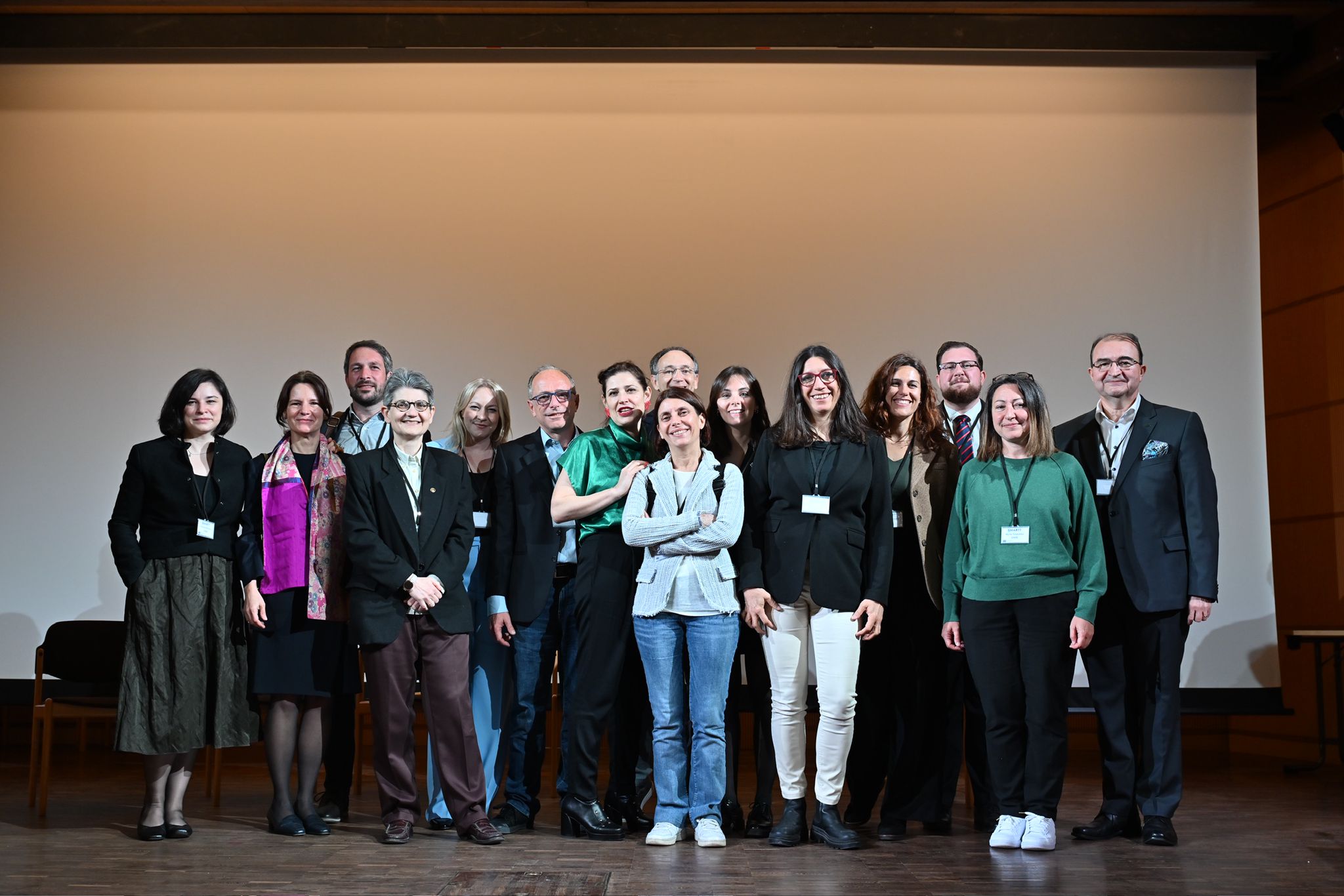As discussions around a Council resolution on the European Degree Blueprint begin, Erasmus+ projects provide strong evidence to support it, says EC report

The EC report on the final outcomes of the Erasmus+ policy experimentation projects: European degree (label) and institutionalised EU cooperation instruments highlights the robustness of the Blueprint for a European degree. Based on evidence gathered through projects involving 140 universities, 17 ministries, 20 quality assurance agencies, student organisations, and economic and social partners, the Blueprint constitutes a guide for decision makers.
The added value of a European degree and a common list of 16 co-created European criteria and the rationale for each of them are part of the report’s highlights:
The European Degree Label is a strategic instrument for branding and educational diplomacy, exemplifying Europe’s commitment to innovation, inclusivity, and excellence in higher education. It amplifies global outreach, fosters equitable academic partnerships, and strengthens transnational collaboration as a cornerstone of a shared European vision in education", as CIVIS also advocated during the Conference of Toulouse.
In a recent information session for European Universities Alliances, The Commission announced that the Polish presidency of the Council is leading efforts to clarify the European Degree concept by organising a series of workshops. Council members are encouraged to gain a thorough understanding of the concept, as higher education institutions (HEIs) are invited to actively inform their respective national ministries.
This initiative aims to ensure Council members have an accurate grasp of the European Degree. To achieve this, a precise definition and robust dialogue with stakeholders across all member states are essential.
Key factors in favour of a European Degree
At a moment when Europe steps its efforts for international competitiveness, a European Degree can become a facilitator for graduates, employers and industries. By simplifying procedures, adding flexibility and facilitating exchanges, the European Degree can help foster innovation and position European talent.
Elevating graduates' employability and attractiveness to employers
The European Commission's Blueprint underscores the transformative potential of a European degree for students and the broader higher education community. By fostering learning mobility across the EU, enhancing students' cross-disciplinary skills, and aligning with labour market needs, this initiative promises to elevate graduates' employability and attractiveness to employers.
This approach establishes Europe as an attractive hub for worldwide talent, thereby improving its competitive advantage. Erasmus Mundus Joint Master (EMJM) programmes are a good example in this regard. Between 2014-2020, more than 6.000 students from 127 countries (outside programme countries) from 5 continents have been granted scholarships to study in these programmes, as the latest EMJM impact analysis shows.
SMARTT showed that there is a strong correlation between EMJM programmes and the European Degree criteria applicability, due to similarities and level of preparedness of the programme coordinators and the involved HEIs.
Tailored and flexible education for competitiveness
Micro-credentials are acknowledged as a key component in delivering flexible, specific education tailored to the requirements of a changing job market. They mark a pivotal move towards enhancing ongoing professional development and landing pathways for lifelong learning.
The Blueprint represents a strategic move towards a more integrated, dynamic, and globally oriented European higher education landscape. It outlines a dual approach, by:
- improving quality assurance and the automatic recognition of qualifications in higher education to ensure high standards and seamless transitions between institutions;
- making academic careers more appealing and sustainable, thereby strengthening the sector's foundation.
The CIVIS Alliance project SMARTT’s key inputs for the European degree package
The CIVIS Alliance SMARTT project is one of the six to pilot a joint European degree label in collaboration with the European Universities Alliances EUTOPIA, NEUROTECHEU, and UNITA, alongside higher education institutions, national and regional stakeholders and relevant actors.
It has been almost a year since the outcomes of the Erasmus+ policy experimentation projects were presented and outlined in the Staff Working Document accompanying the Commission’s communication on the Blueprint for a European degree. SMARTT actively engaged in analysing, testing, and piloting the updated criteria for the European Degree label.
The SMARTT Project recommends a three-stage approach: Emerging, Converging and Merging. The stages reflect the process of building on the European Degree Label and the transition towards a Joint European Degree.
SMARTT's recommendations address the need for:
- Delineating the added value of the degree for its successful implementation;
- Clarifying the Joint European Degree concept, and its alignment with joint programs and degrees;
- Setting clear criteria, as revealed through an in-depth analysis of 20 criteria (both compulsory and optional);
- The integration of the EDL with quality assurance frameworks to uphold high academic standards and promote a transnational, inclusive, and transformative educational atmosphere;
- The advocacy for using existing Bologna tools and processes to refine and bolster the design and execution of joint educational programmes;
- The identification of challenges encountered during the pilot phase.

